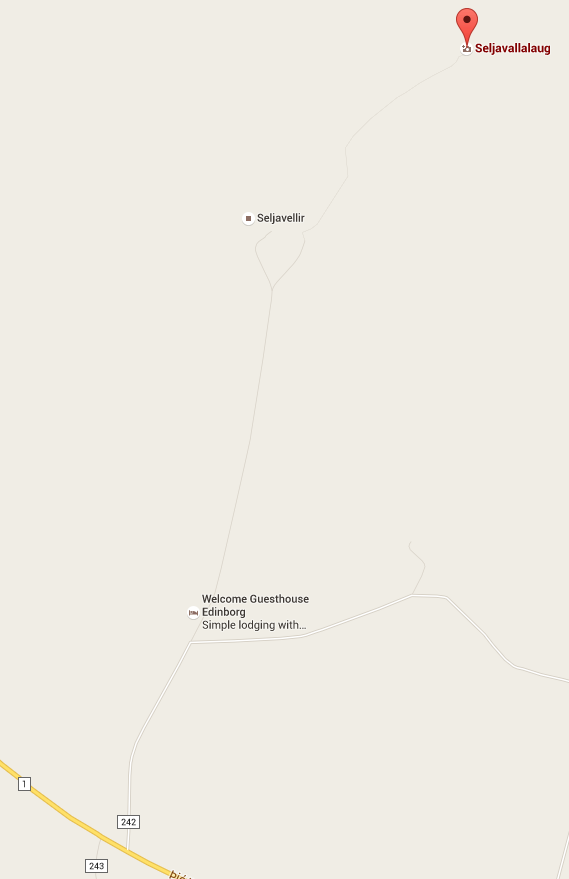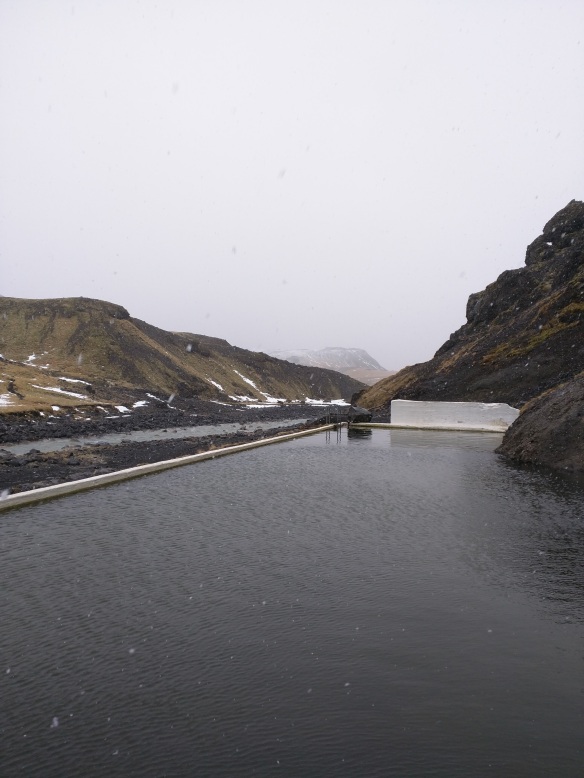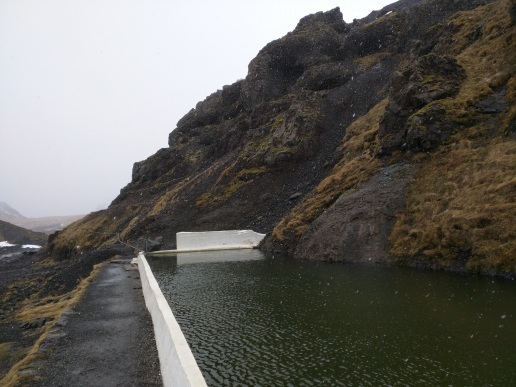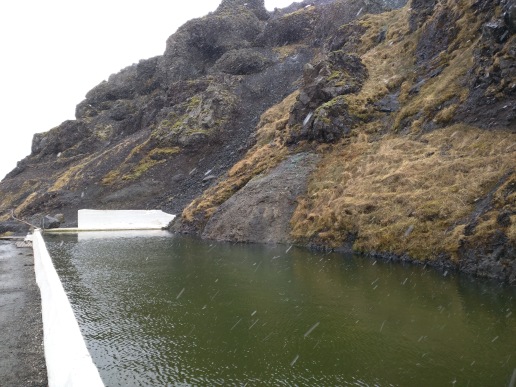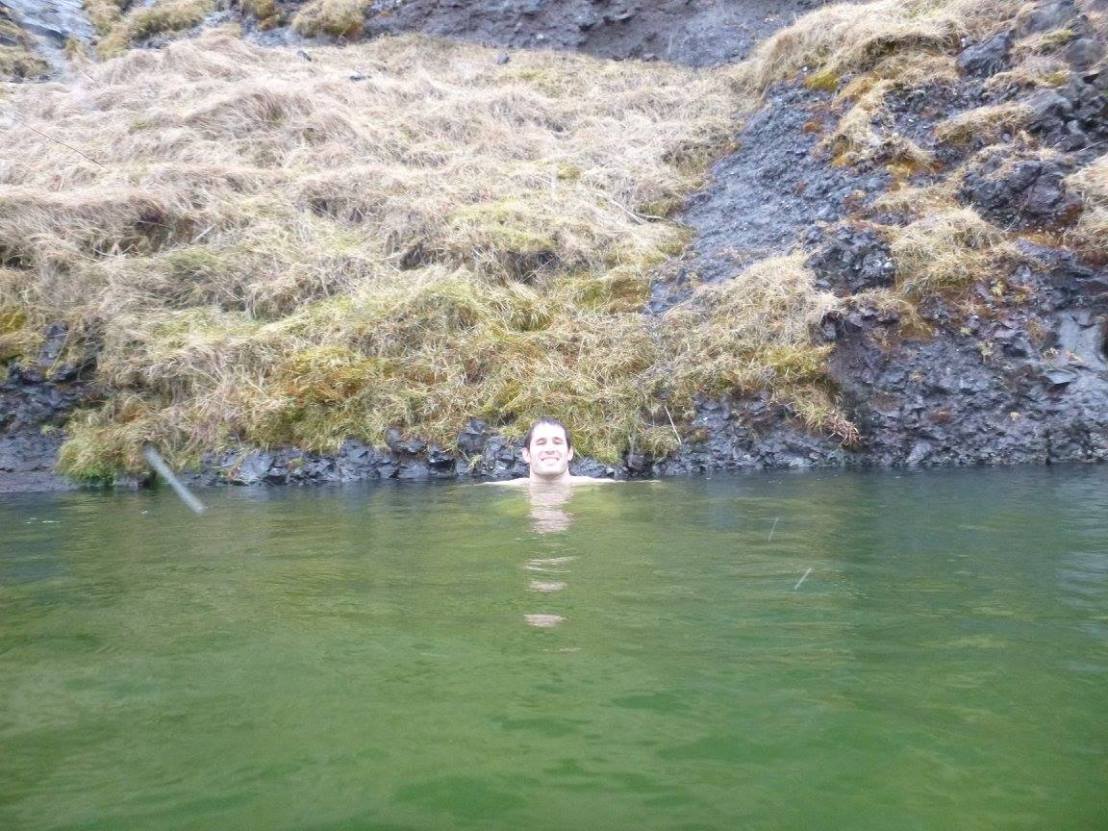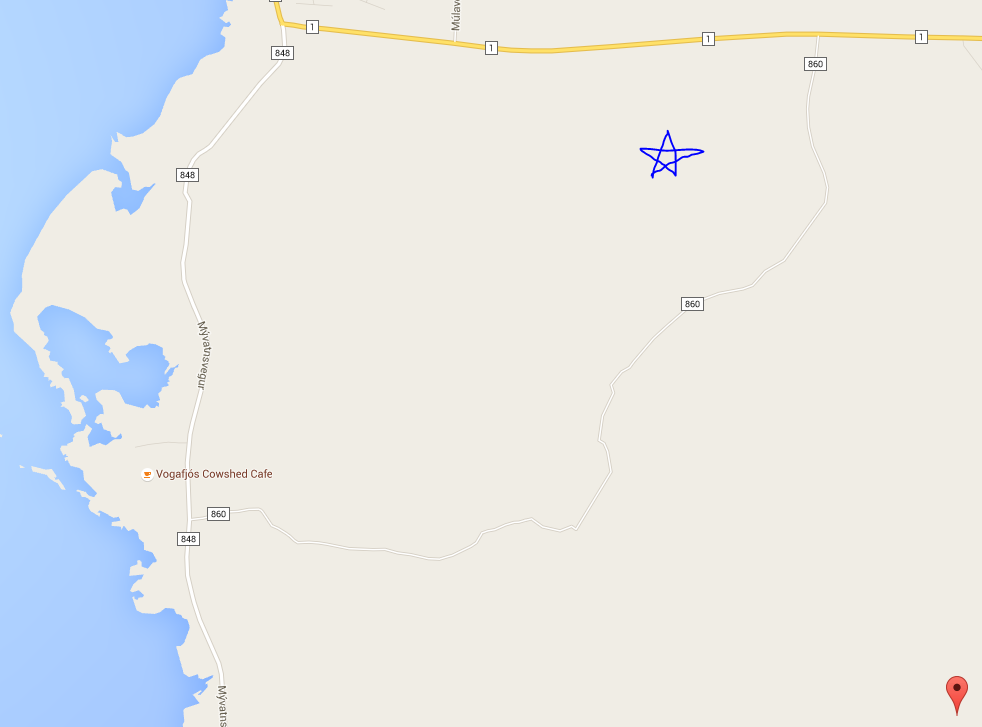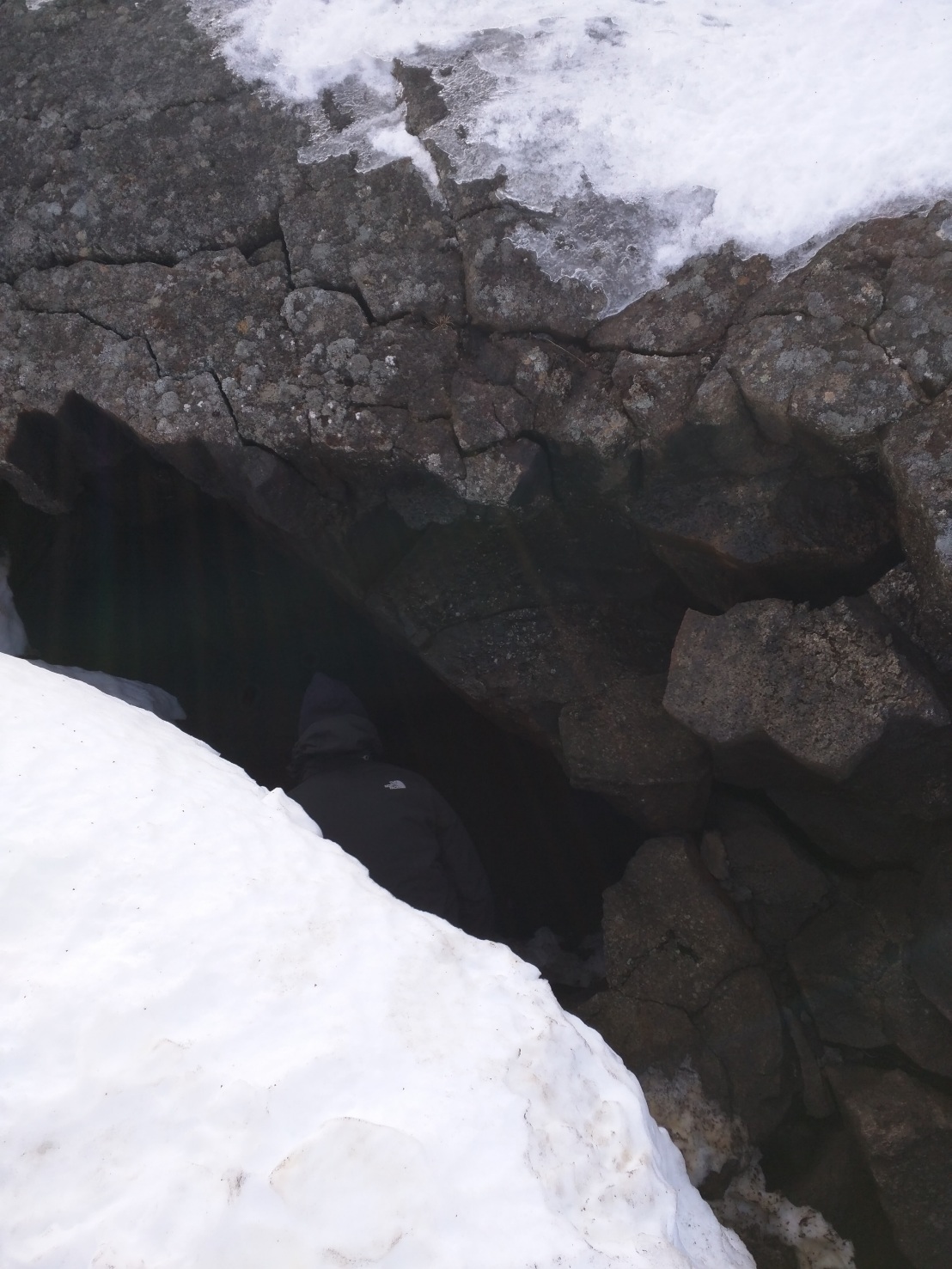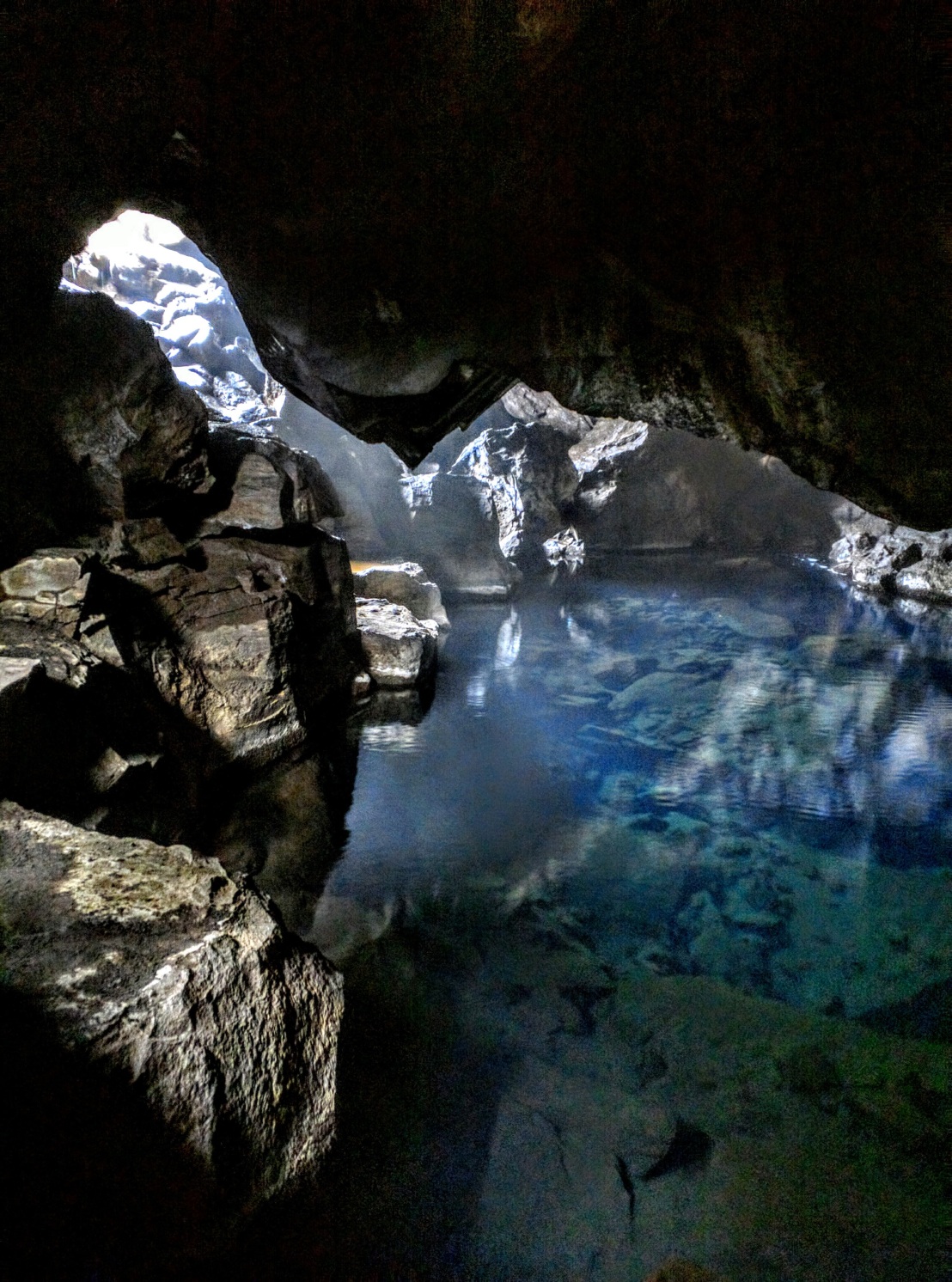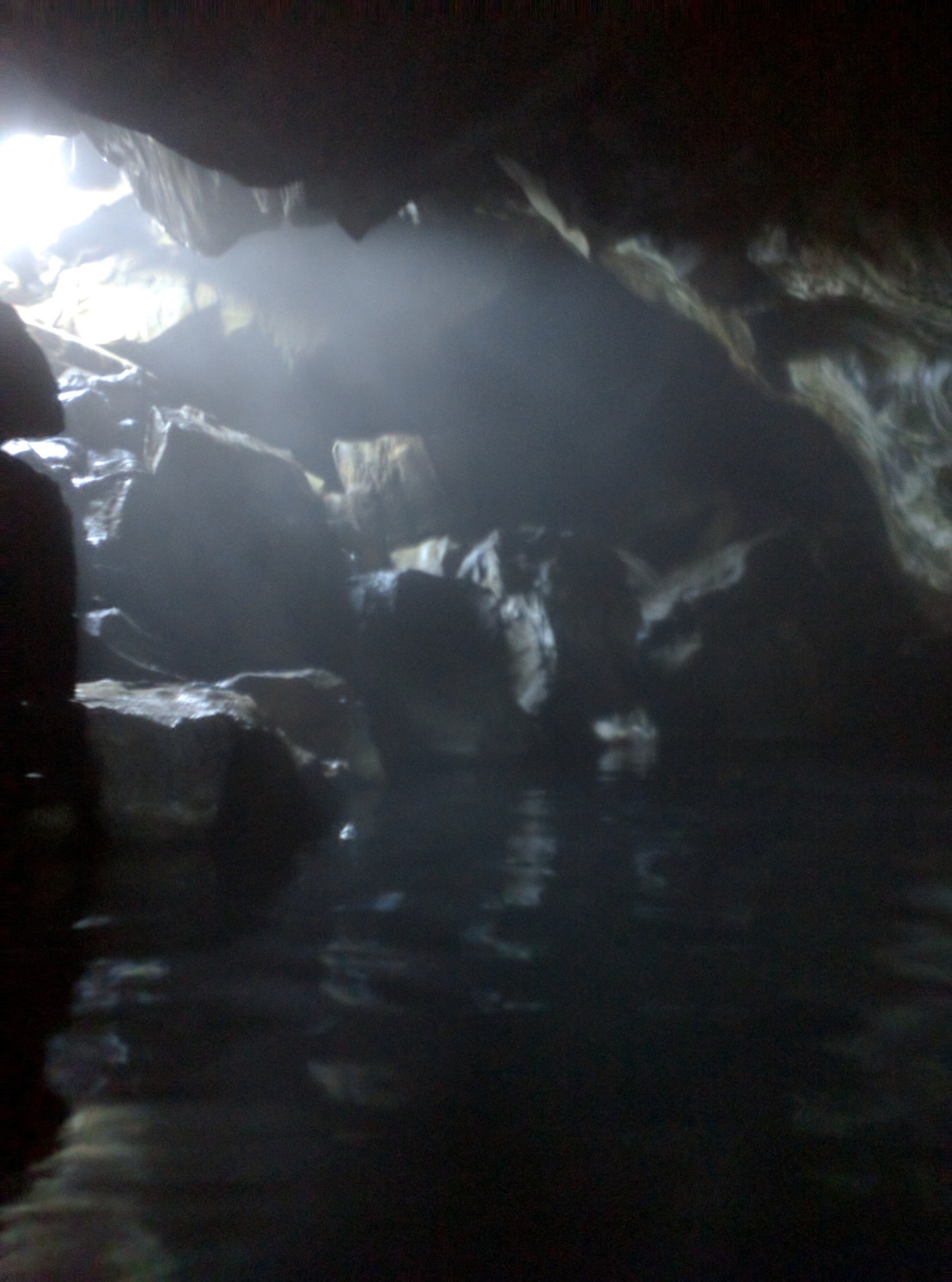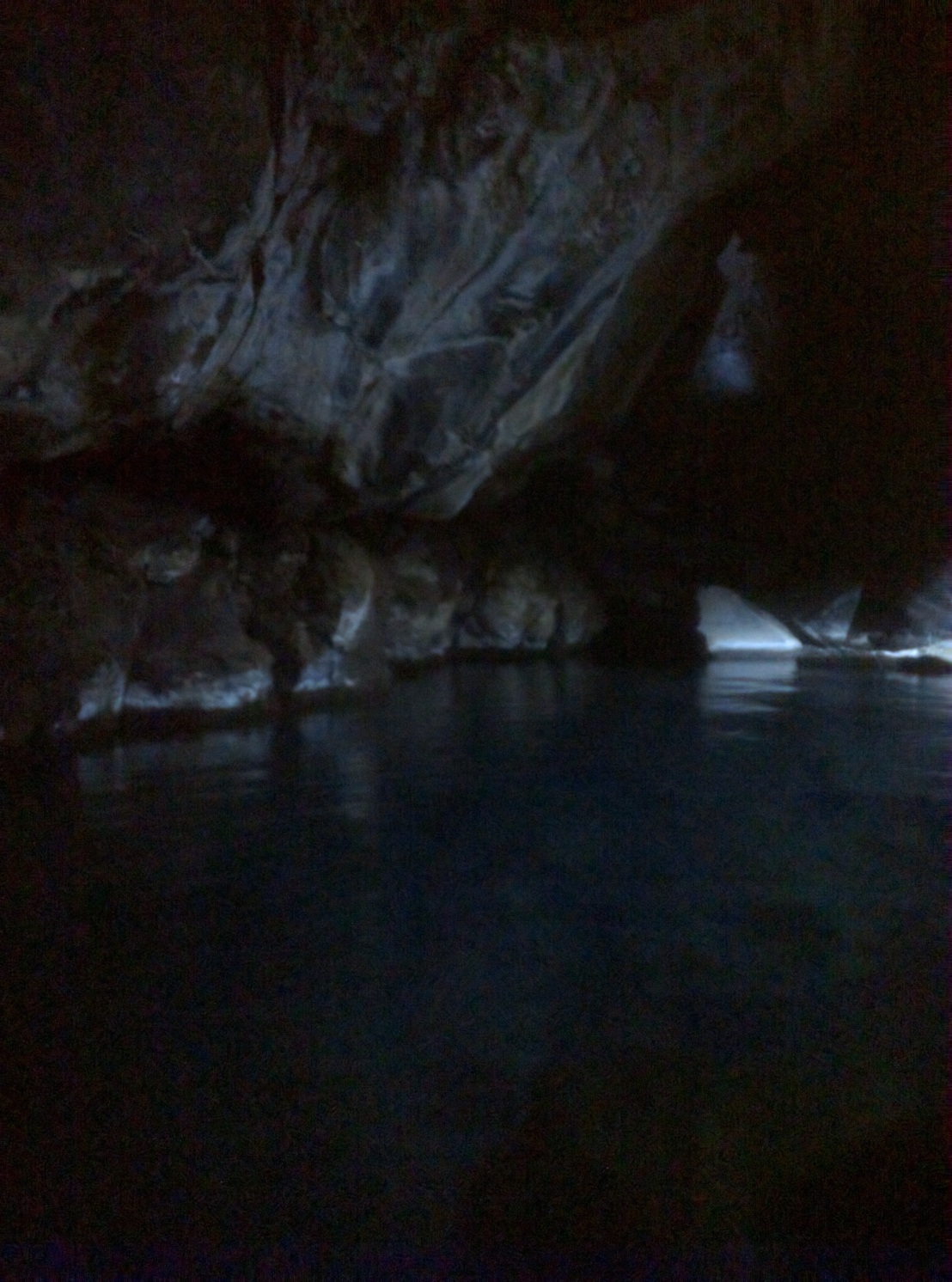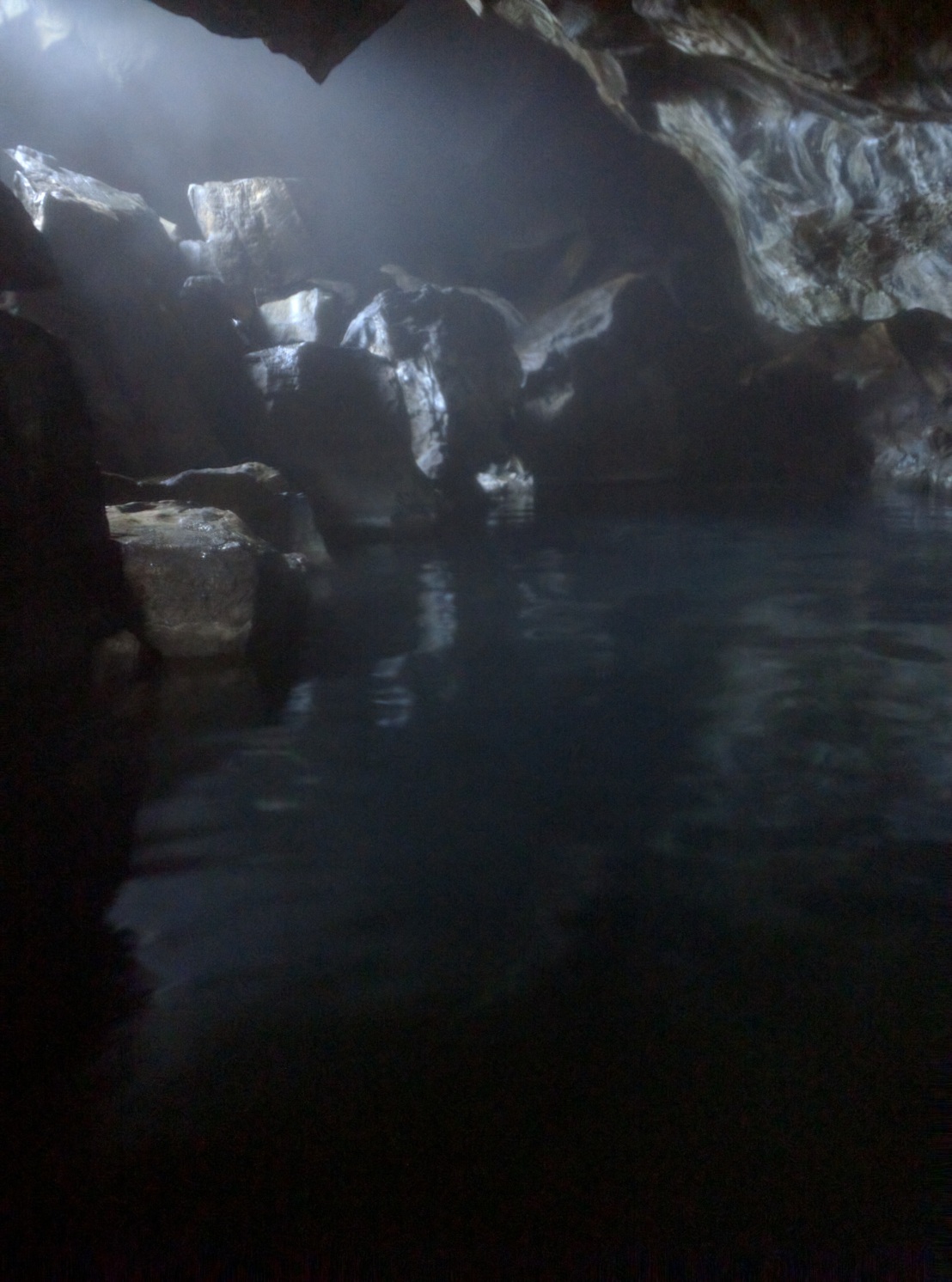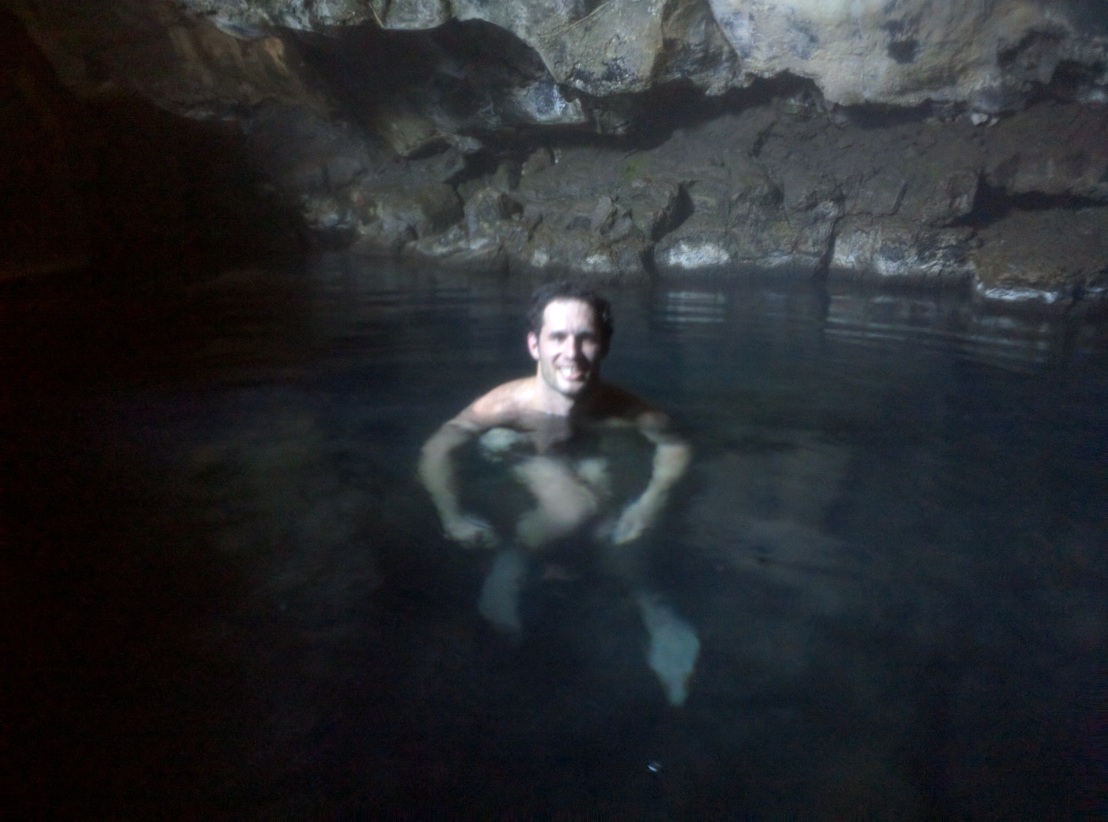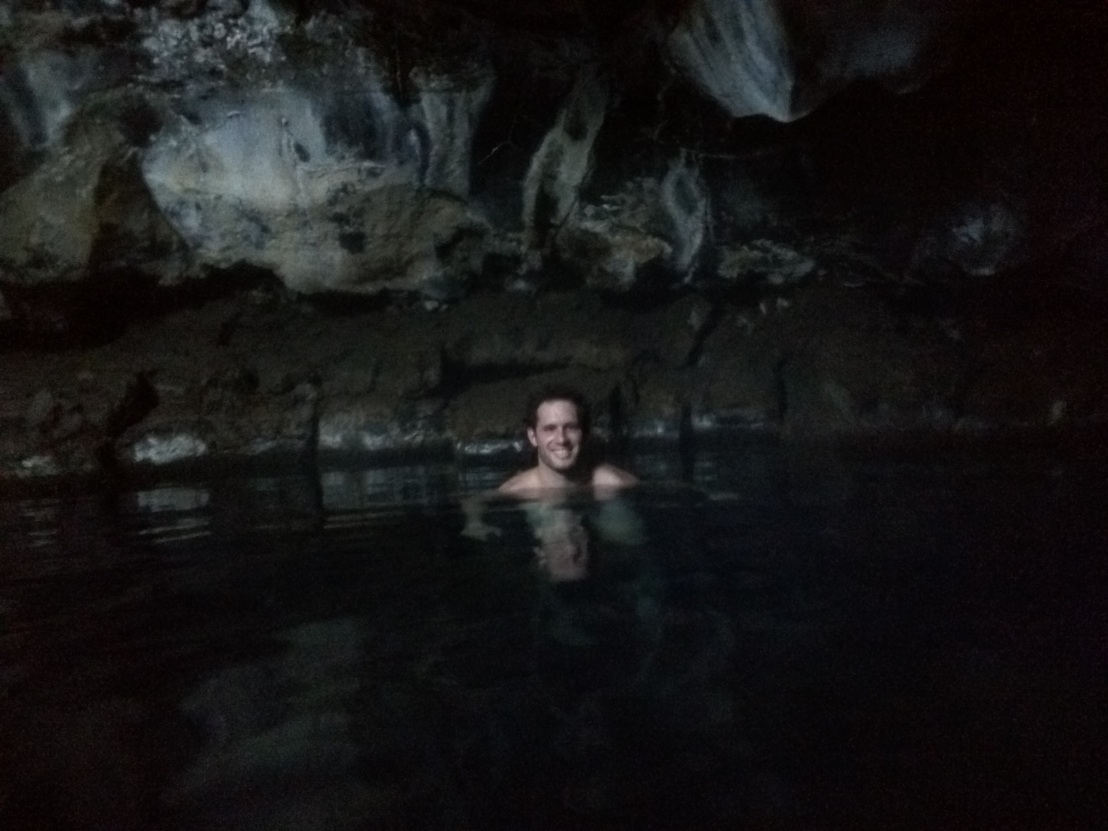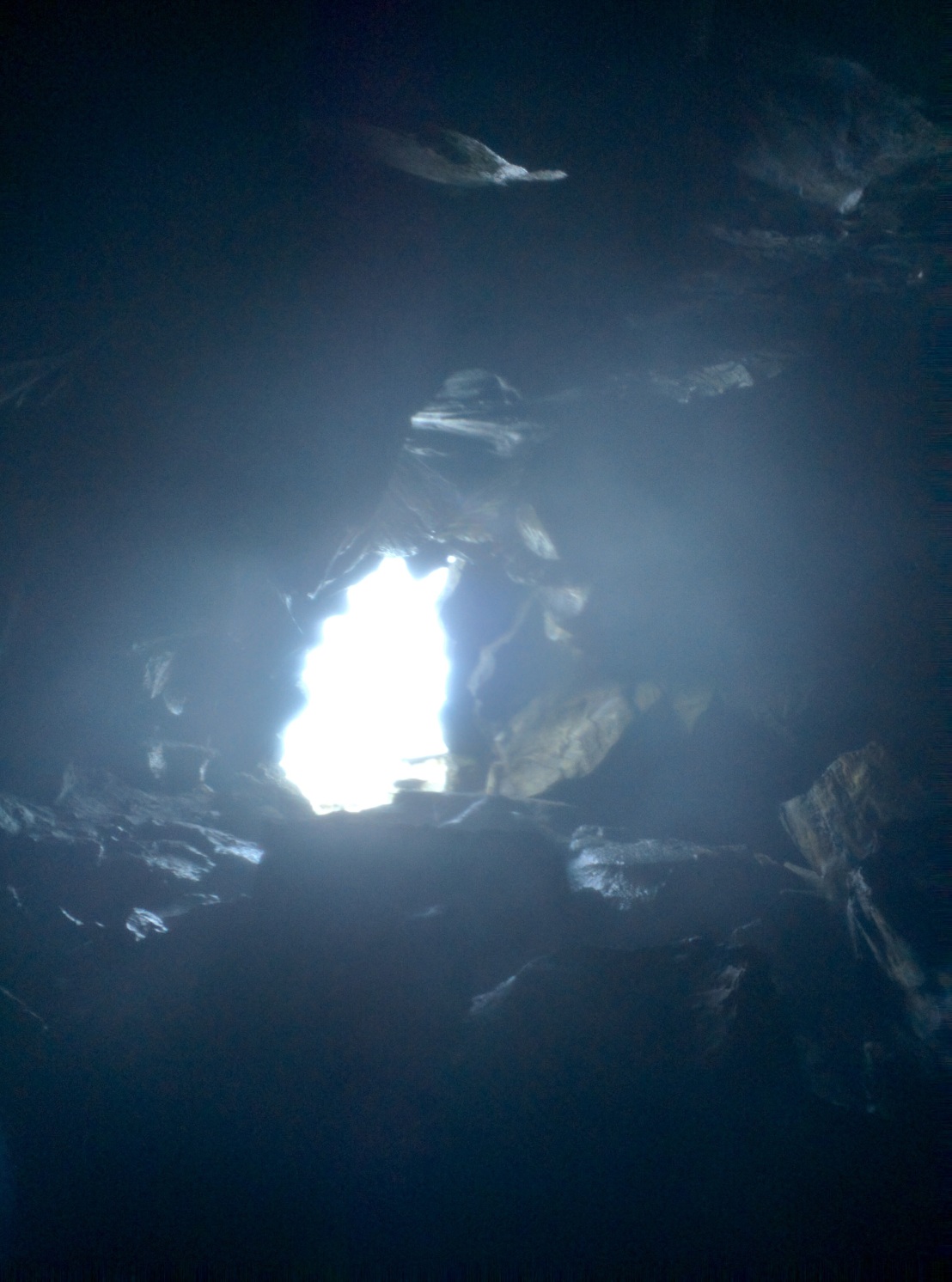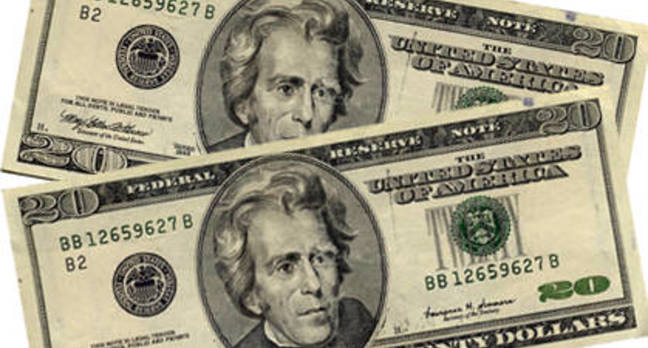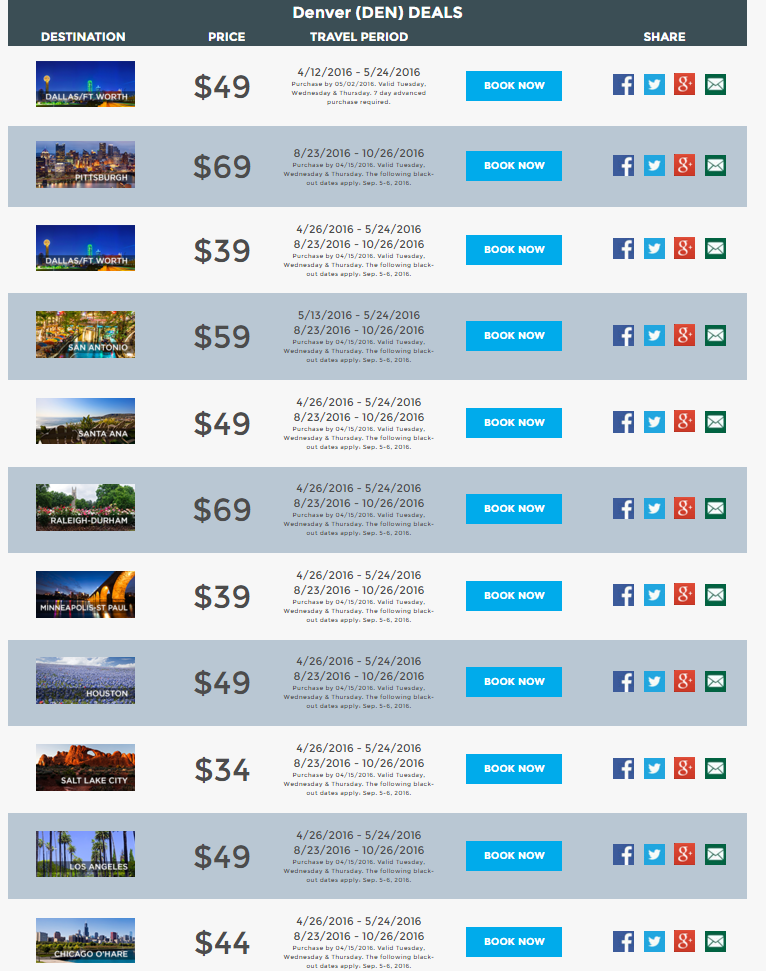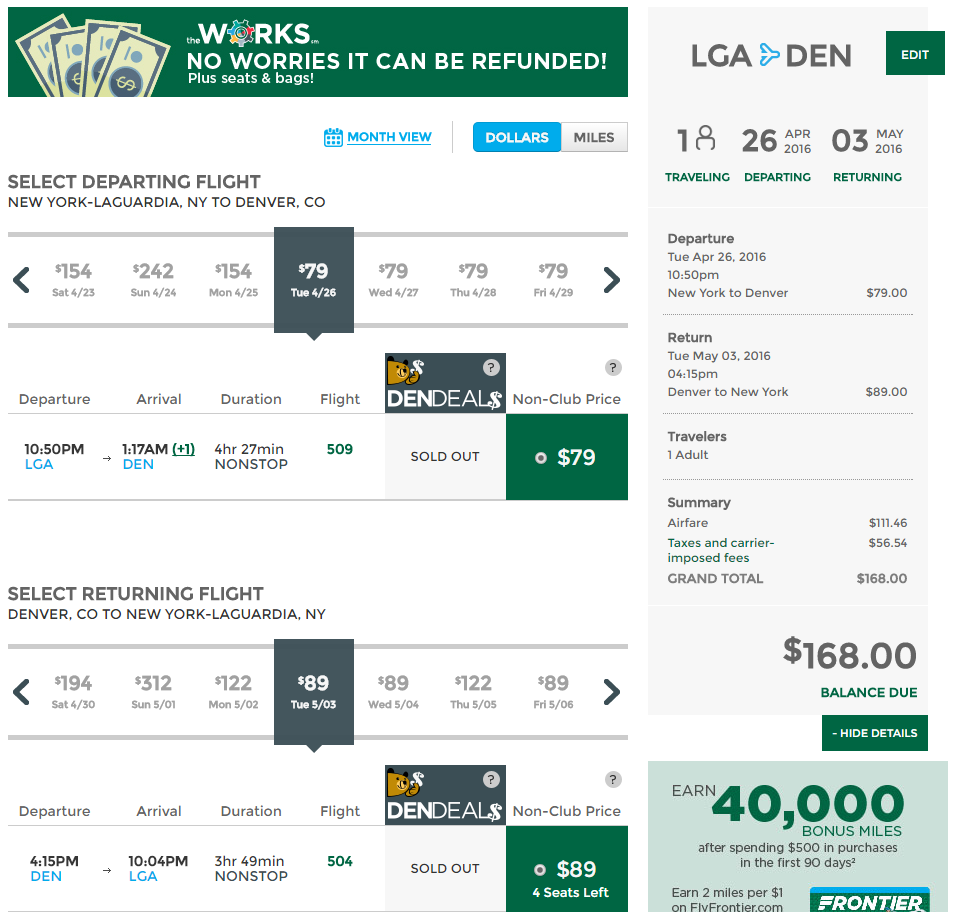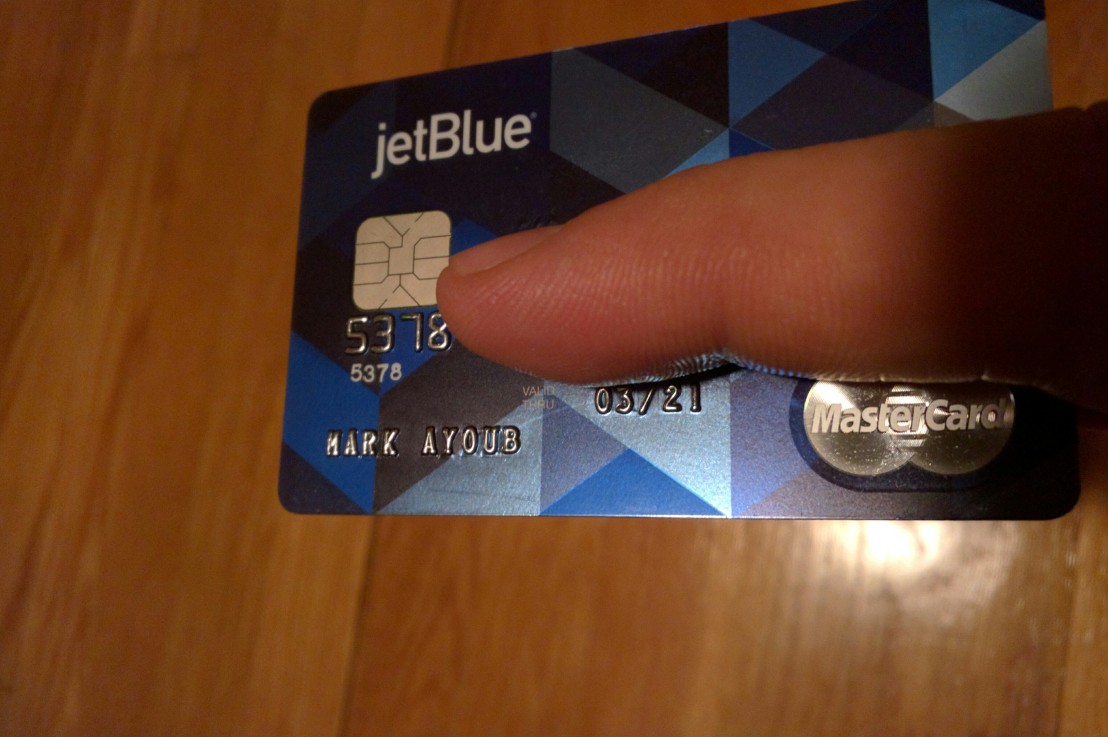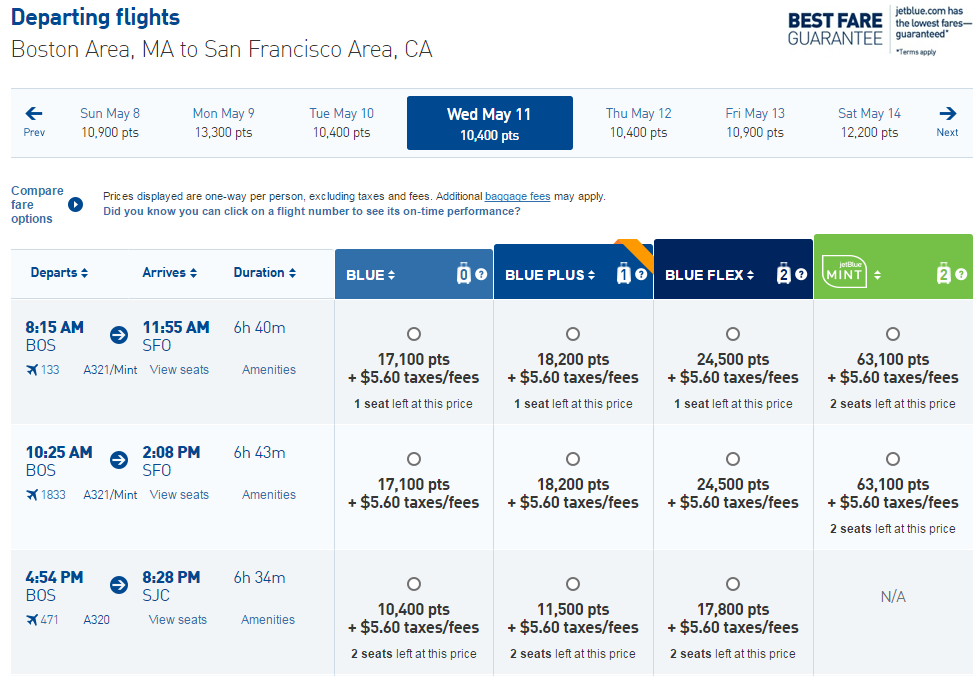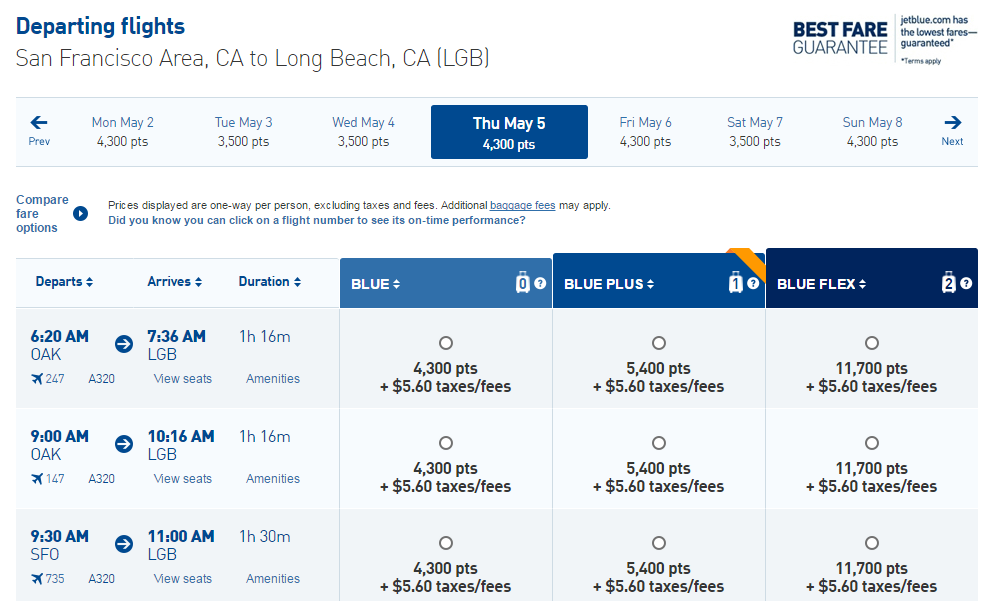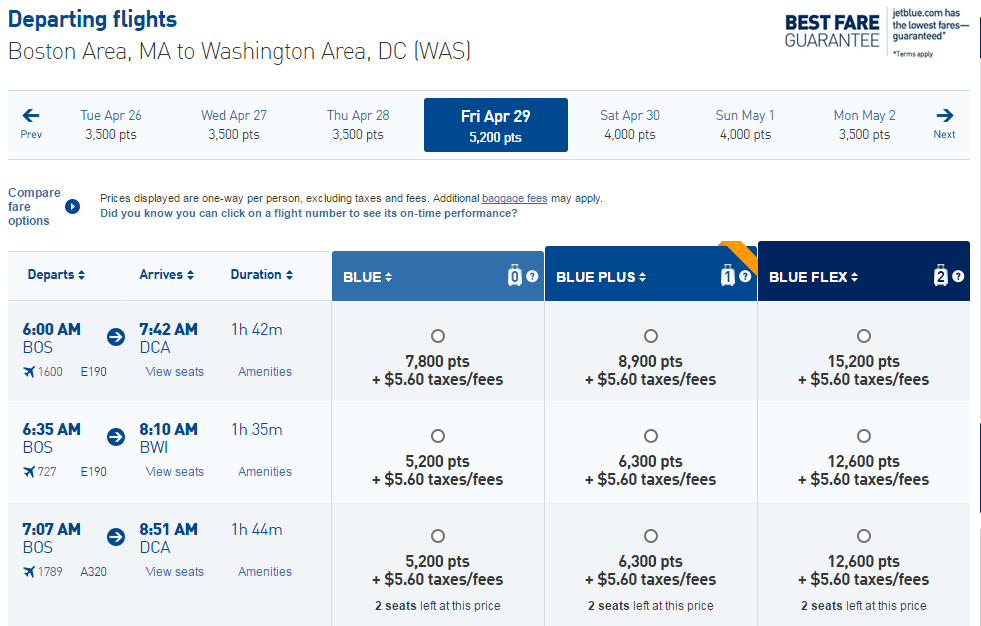As I’ve mentioned before, the generous signup bonuses offered by so many credit card companies in America are what makes it so easy for so many people to earn so many frequent flyer miles and points without ever stepping on a plane.
Credit card signup bonuses will generally award a certain amount of miles or points for completing certain requirements in a certain amount of time.
Getting the bonuses can range from extremely easy (such as receiving 25,000 miles upon being approved for a card) to seemingly impossible (such as receiving 250,000 points after spending $5,000 and making 10 separate transactions of $5,000 or more in a six month time period).
More often than not, cards tend to generally offer a moderate signup bonus after spending $1,000 in three months, or a really good signup bonus after spending $3,000 in three months. But every once in a while there might be an offer that comes along that requires one to spend more than they normally would in a certain time period to receive a bonus.
While I’m not here to make judgments about what is considered a “normal” amount to spend in a month, many people often draw the line at anything requiring more than $1,000 in credit card spending in a month. As a result, when the beloved Chase Sapphire Preferred upped its requirement to spending $4,000 (from $3,000) in three months to earn 50,000 Ultimate Rewards (up from 40,000), this caused a bit of pause among many people.
Now, if spending at least $1,333/month is routine for you, then this may not concern you. But if this is outside your normal spending habits, this shouldn’t discourage you from applying for this offer (or any other offer you like that falls outside your normal spending habits).
It just means that you need to learn about something called manufactured spend. In short, this essentially refers to using a credit card to make a purchase and have the amount of that purchase (or most of it) go back into your bank account. A humorous example of this was when people would use their credit cards to buy coins from the U.S. Mint and then deposit the coins back into their bank account, easily generating hundreds of thousands of airline miles.
However, as is often the case in this industry, it is getting harder and harder to “manufacture spend.” In this post, I hope to provide an overview of some basic strategies for doing so, as well as the ease and riskiness (in terms of account shutdowns) of doing so. This is not intended to be a comprehensive post covering every single strategy. I do not by any means consider myself an expert, but if you want to learn from experts, there are actually paid conferences you can go to on this, as well as a number of blogs that focus more on this.
The easiest, least risky, free-est way: Buy a gift card, spend a gift card
If you’re coming up on three months and you’re about about $500 short, consider buying a gift card for $500, and then spend the gift card down to zero. If you know that you’ll be spending that much money at a certain store/brand, it’s easier to buy a gift card directly for that place, rather than a flat-out cash gift card that can be used for anything, as the latter will often incur a fee (if you want to get the lowest fees ($3.95), go to a Simon Giftcard location). The downside to this is that you are determining your spending patterns in advance and not allowing for the potential that they could change (i.e. if you buy $1,000 of gift cards and then lose your job, you’ll really wish you could put that $1,000 back into the bank rather than be forced to spend $1,000 that you would not have spent had you not bought the gift cards).
Another easy, low-risk, free way: Pay bills in advance
While this will vary depending on your provider, some (especially utility providers) will allow you to make a payment in advance (via credit card) and then have a credit be applied to future statements. For example, if you know that you’re going to be paying $70/month for Comcast for the next few months and are $400 short of meeting a bonus, you can make a payment of $420 upfront to Comcast and your monthly bill will be continuously subtracted from that negative credit. Unlike the first method, you will be spending money that you for sure were already going to spend anyway:
The easy, not risky, but not free way: Give someone else a cut
If you have a very big bonus to meet that you’re not sure normal spending can take care of, consider using a credit card for transactions that you would normally use your bank account for to avoid a fee. In particular, one that stands out is rent. If paying your rent consists of you using a service like Venmo to pay the master tenant in your house, you can link your credit card with Venmo for a 3% fee. Or if you’re the one responsible for paying the rent, you can use a service like Radpad, which for a fee (soon to be 3.49% across-the-board), will allow you to charge your rent to a credit card with them, and they will send a check to your landlord. While the idea of throwing away $35 dollars (on a $1,000 payment) may be off-putting to some, if you take a utilitarian view and view it as a necessary step to earn a bonus of $600, it can be worth it. Another common option is taxes, which, as I discussed previously, can also be paid via credit card for a small fee.
The kinda easy, not too risky, hopefully free way: Fund a new bank account
Many banks will allow you to fund an initial deposit with a credit card up to a certain amount. The only catch is that while some banks will code this transaction as a purchase (which is what you want!), others will code it as a cash advance, which can incur significant fees. In order to ensure this never happens to you, always call your credit card company beforehand and lower your cash advance limit to less than the amount of the transaction. The excellent Doctor of Credit website has an extremely comprehensive list of which banks will allow credit card funding, up to how much, and with which issuers.
The kinda easy, fairly risky, free way: Fund a prepaid card
Several prepaid cards allow you to fund them with a credit card, after which you can then transfer that money to your bank account. The most prominent one is Serve from American Express, which allows $1,000 to be loaded every calendar month with an American Express credit card (and then back to your bank). The only problem is, this isn’t really how AMEX wants you to be using this card, and there’s a pretty good chance that you will be shut down after a few months of doing this.
The hardier, riskier, potentially less free way: Buy gift cards, and unload them onto a prepaid card
Given that this method is constantly changing, I’m not going to get too much into specifics here, as it could be out of date very soon. But the basic premise is that certain prepaid cards (like Serve) will allow you to load the balance of certain gift cards onto them (processed as a debit card) at certain merchants (such as Walmart), after which you can then transfer the money back to your bank. Again though, this is strongly discouraged by many banks and you can risk getting shut down. If you’re interested in this method however, I would recommend following any number of blogs that are dedicated to this.
The somewhat challenging, not at all risky, potentially very expensive way: Buy something and resell it for the same amount (or more)
Unlike many other methods, this is not going to annoy the banks and credit card companies. Buying $2,000 of premium concert tickets with the intent to resell them is the same as buying a $2,000 television with the intent of keeping it, in the eyes of your credit card company. The bigger issue here is that there’s no guarantee that you will be able to sell the product you’ve bought at the same or higher price. Legally obtaining in-demand concert tickets directly from the venue is already a difficult process, but you also run the risk that the artist whose sold-out, one-night only reunion show you acquired tickets for may decide to add three more shows, sending demand plummeting and potentially leaving you stuck with tickets that are not going to sell for nearly as much as you bought them.
The very easy, not at all risky, extremely expensive way: Make a purchase, but take your time paying off the balance
Some people often see an upcoming large purchase as a great way to meet a credit card bonus. But this is only true if you plan on paying off the balance in full the next month. While a $4,000 purchase may be a great way to get those 50,000 Ultimate Rewards from Chase (potentially worth $625), the APR (generally around 20% to 25%) on the card will generally cancel out any savings very quickly if you don’t pay off your balance in full, in addition to hurting your credit.
The somewhat easy, highly risky, very cheap way: Buy something then return it
While it may be tempting to make a large purchase on Amazon for the amount that you need right before the end of the third month, and then request a free refund afterwards, this is expressly prohibited by all the credit card companies. Some will even go as far as taking back the bonus from you, but even if they don’t, you still run the risk of your account being shut down.
The somewhat easy, highly risky (and illegal), pretty cheap way: Money order

In theory, it seems like a very easy way to manufacture spend would be to use a credit card to buy a money order for yourself (for a small fee), and then deposit that money order back into your bank account. In reality, this is one of the easiest way to tip off the relevant authorities to a potential money laundering scheme, and is a great way to get both your credit card and bank accounts shutdown, and maybe even a visit from the Department of Homeland Security, which I have read reports of. While that’s not to say it can’t be done (some people claim to have found banks that are more friendly to this and turn a blind eye), it generally should only be done in desperation.
The “Don’t Even Try It” way: Get a credit card processor, and keep making charges on it with your credit card (to then go into your bank account) until you have the points/miles/spending you need.
I don’t think I really need to address this one.
As I mentioned earlier, manufactured spend can be a very useful way to meet a minimum spending requirement, as well as to earn extra credit rewards. And depending how much you get into it, you could maybe ensure that you fly first-class the rest of your life (I have read accounts of people who managed to “spend” hundreds of thousands of dollars in a couple months, generating more than enough rewards for multiple first-class flights on the best airlines in the world). But like anything, it’s critically important to always be careful. Never make a credit card purchase if you can’t afford to be without that amount of money for a long time. And if you’re going to go against a bank’s terms and conditions, be prepared to be shut down at any point.
Have some more manufacturing spend methods that I missed? Feel free to post in the comments or email me.
Top Image courtesy of iStockphoto
Like this:
Like Loading...




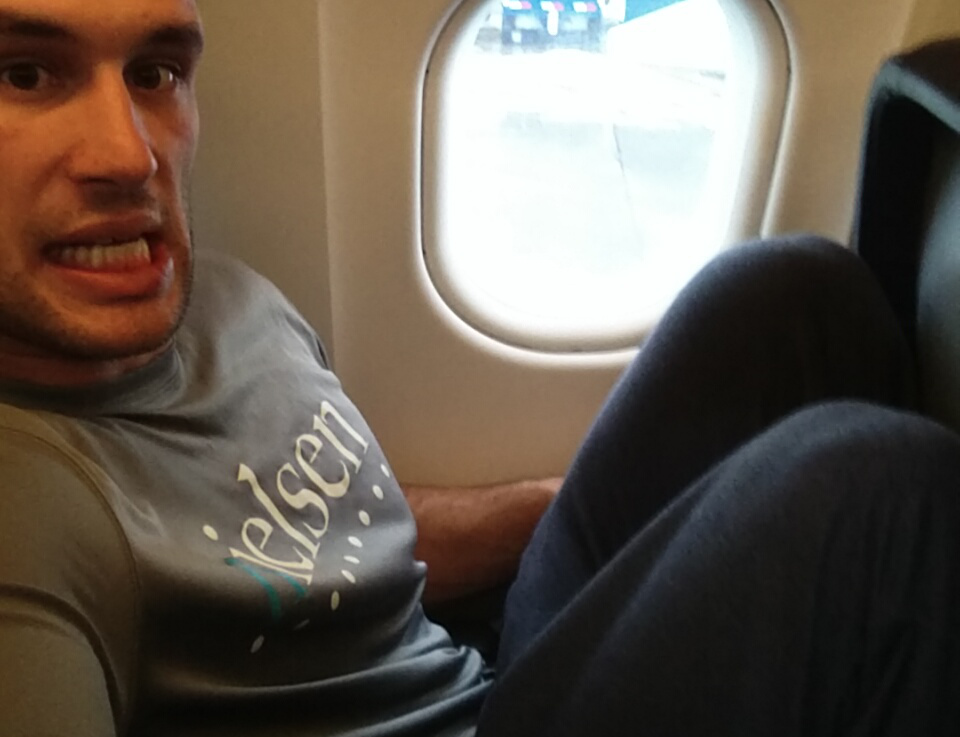


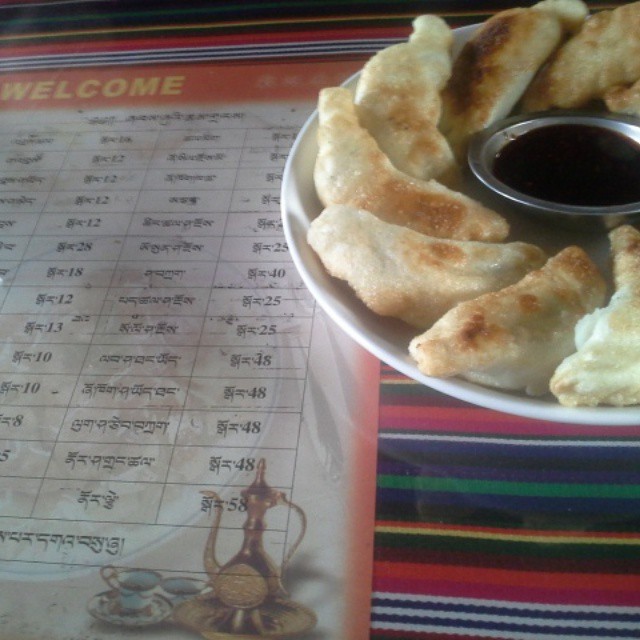
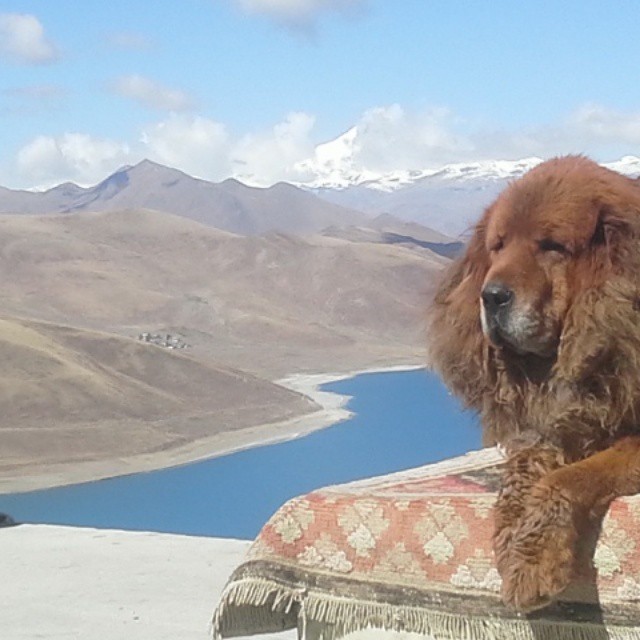
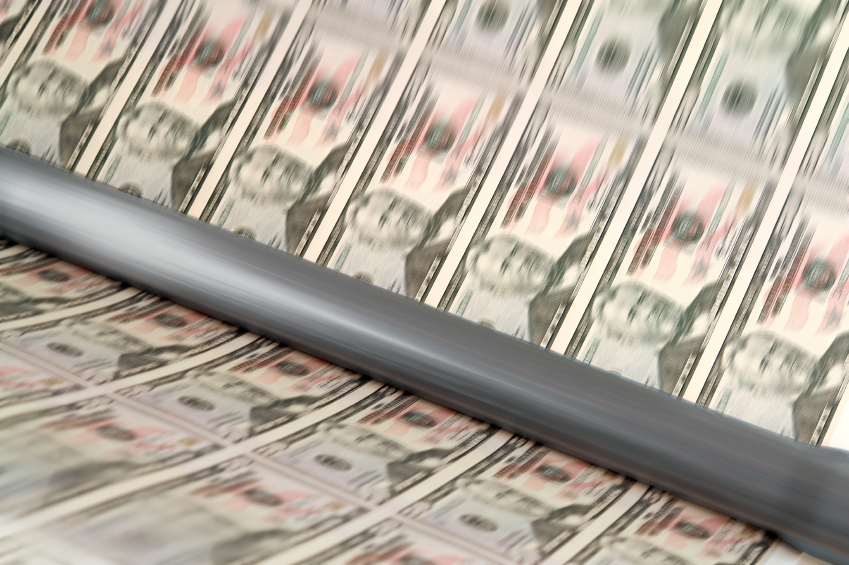


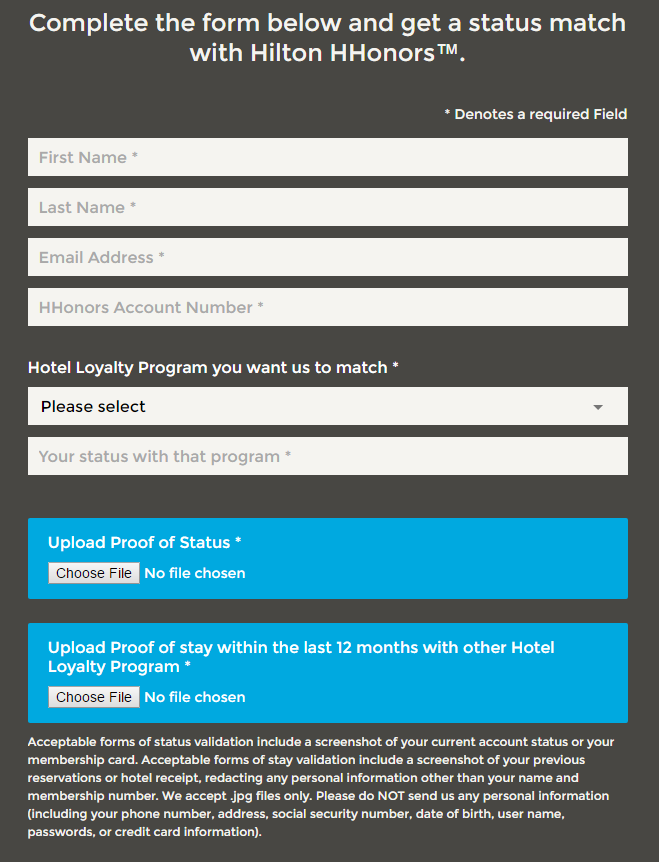
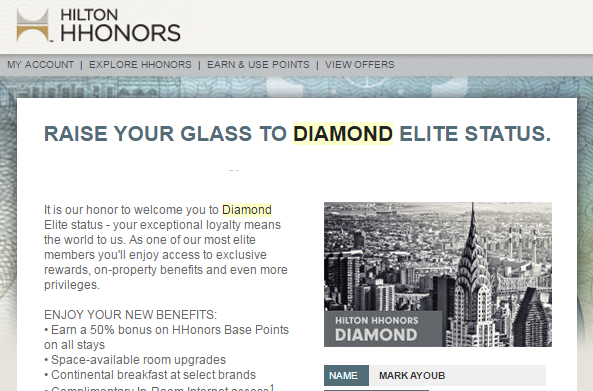



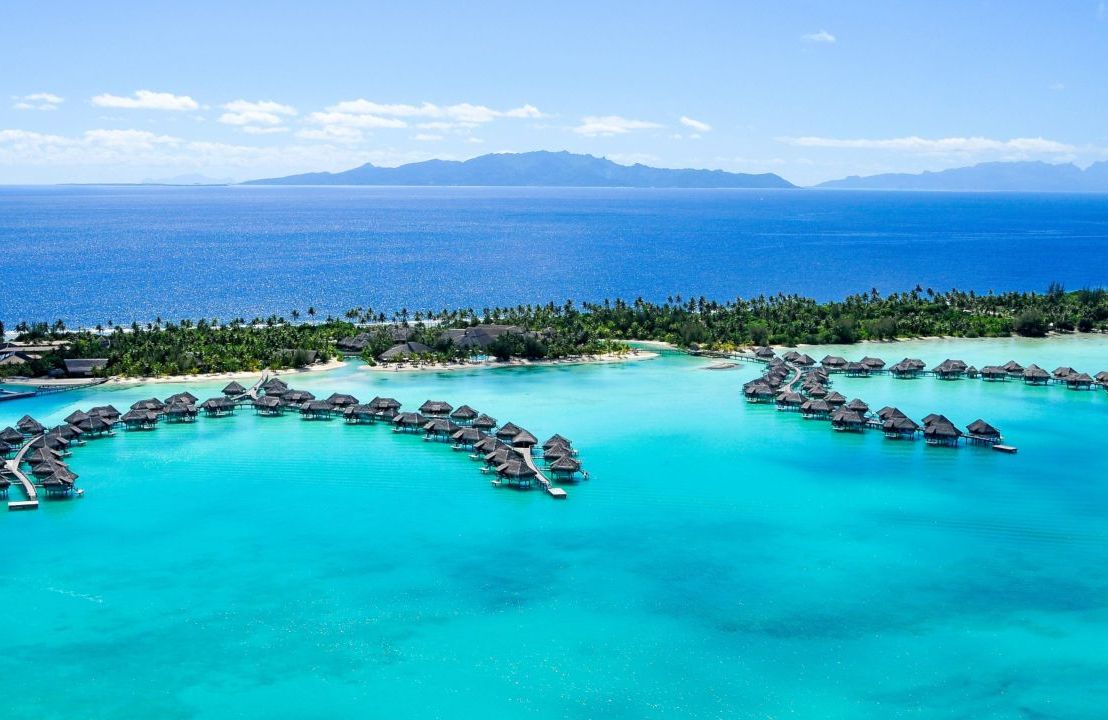
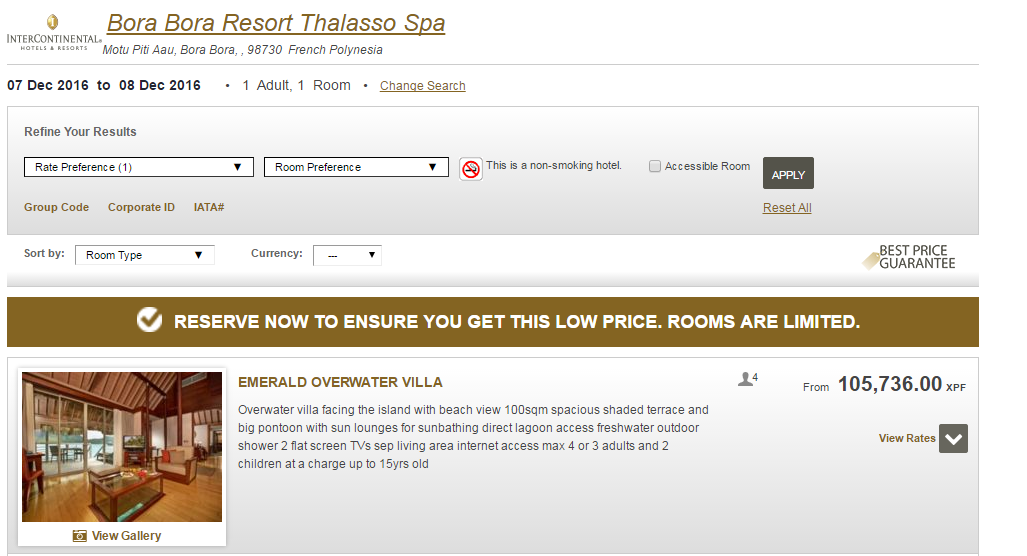
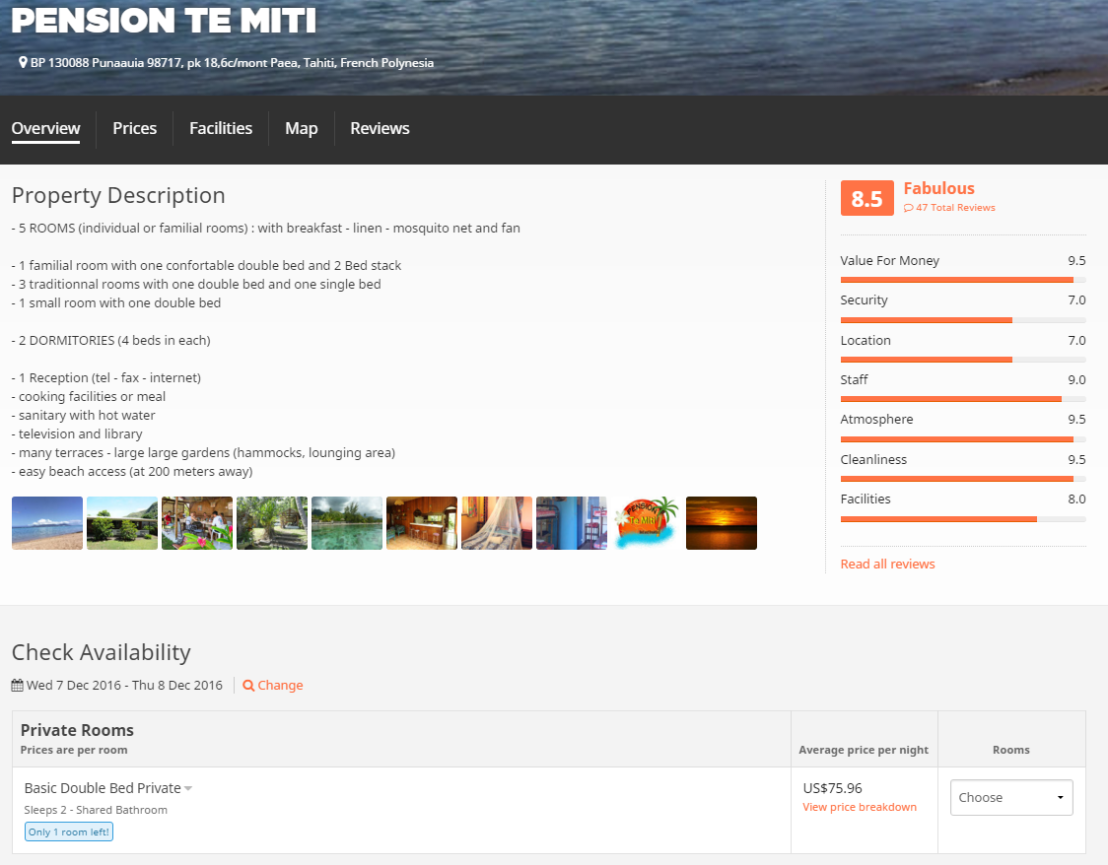

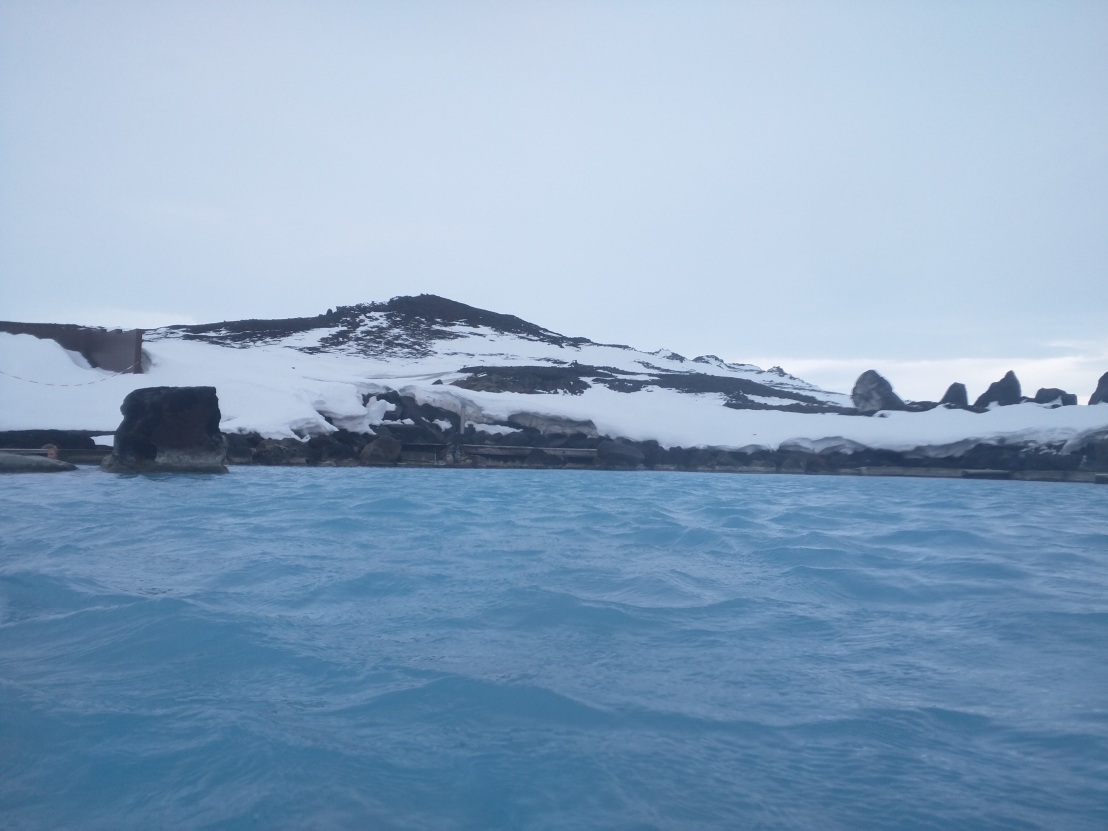
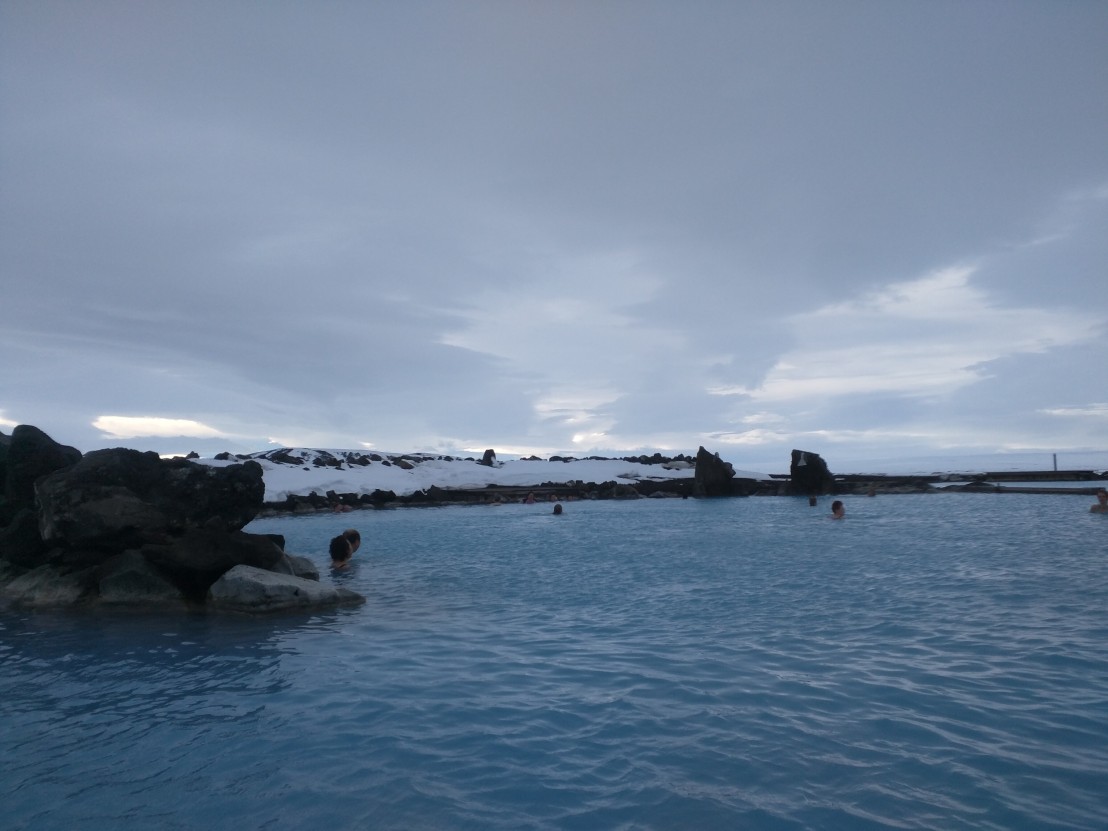
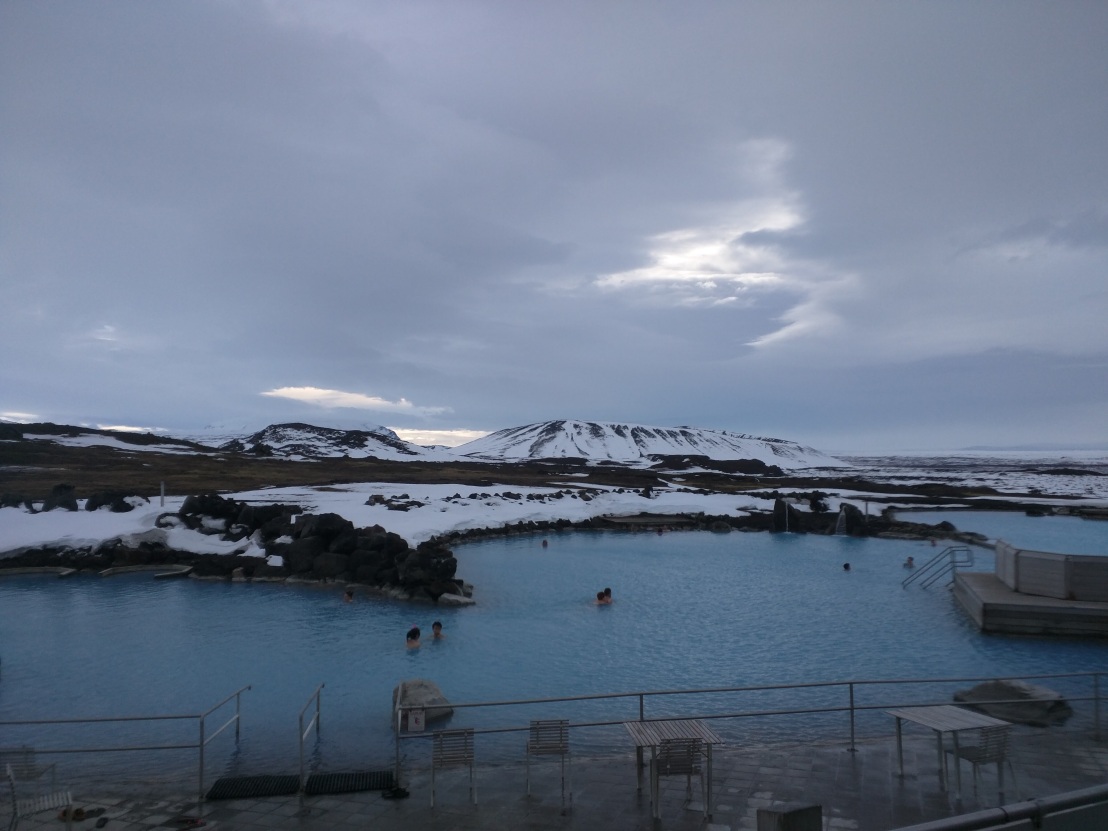
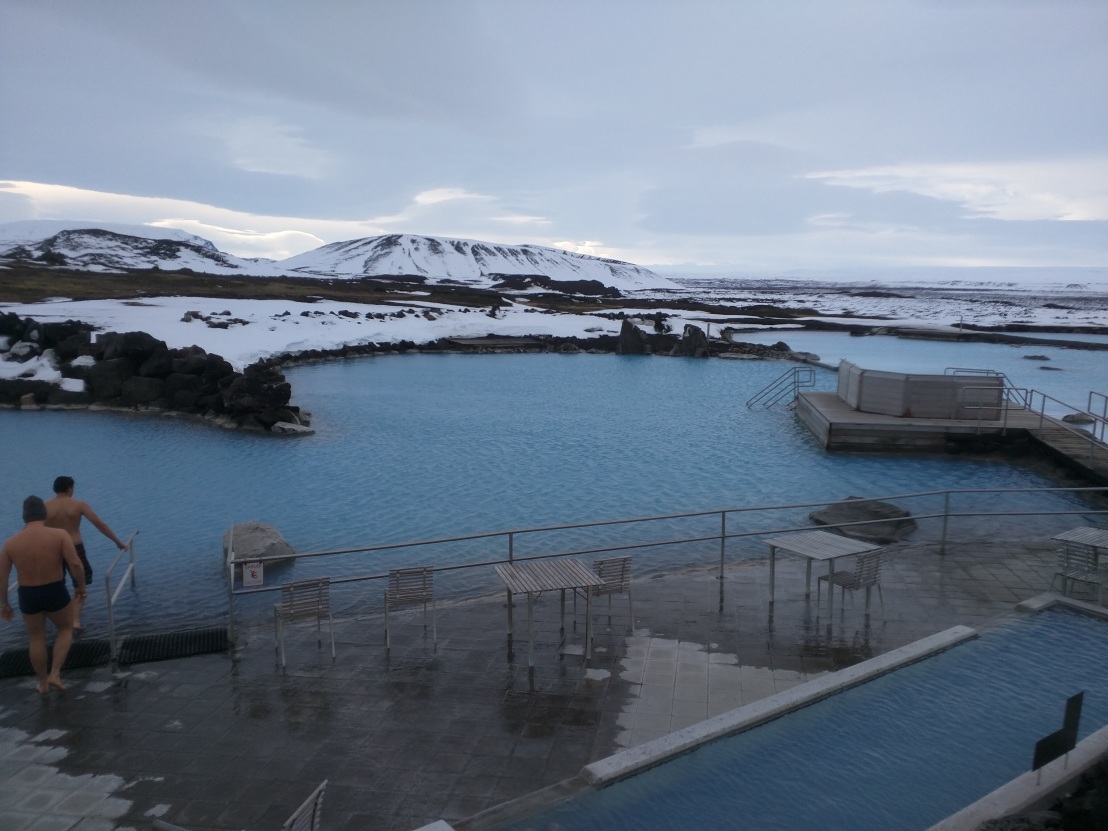
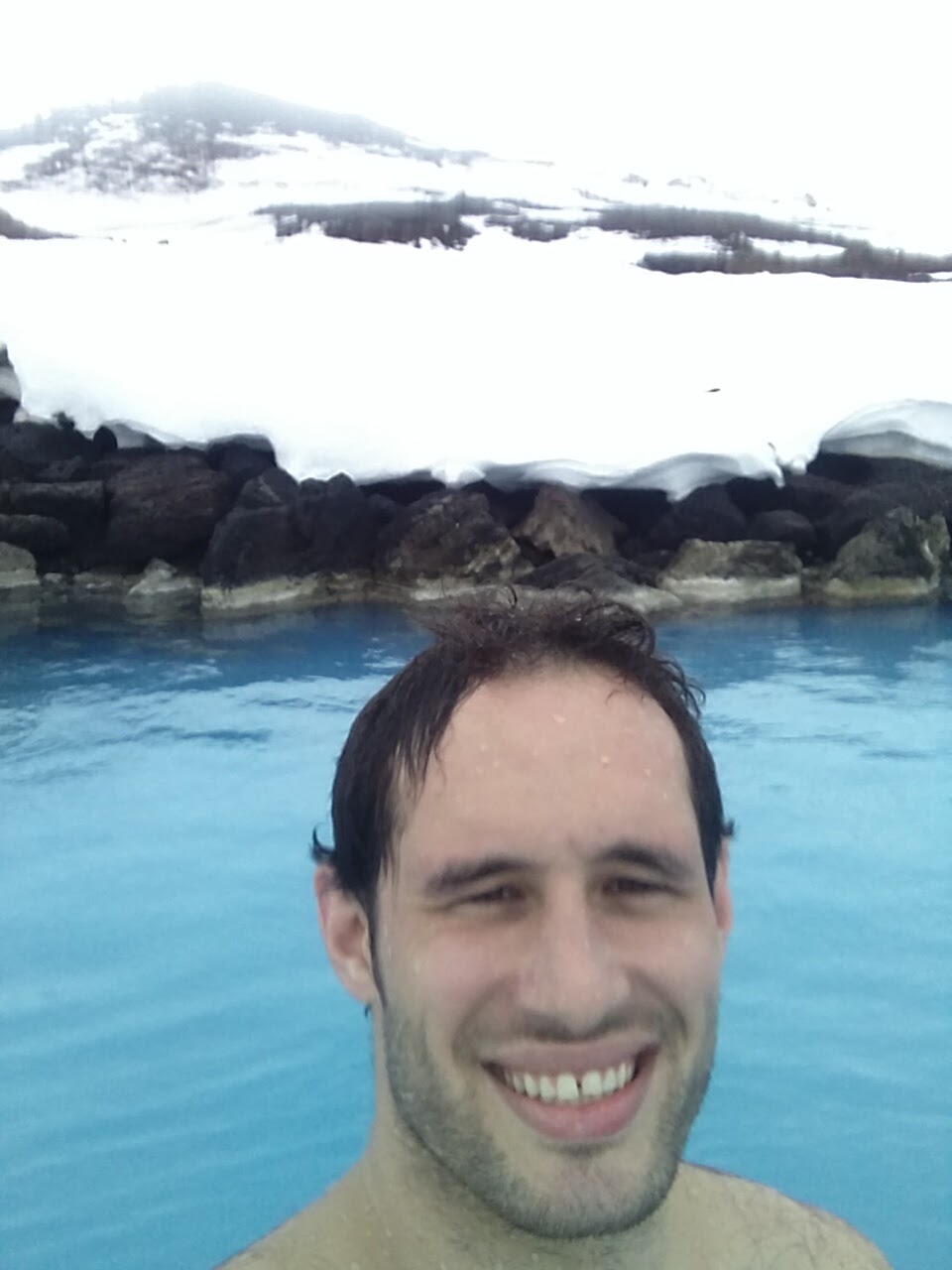
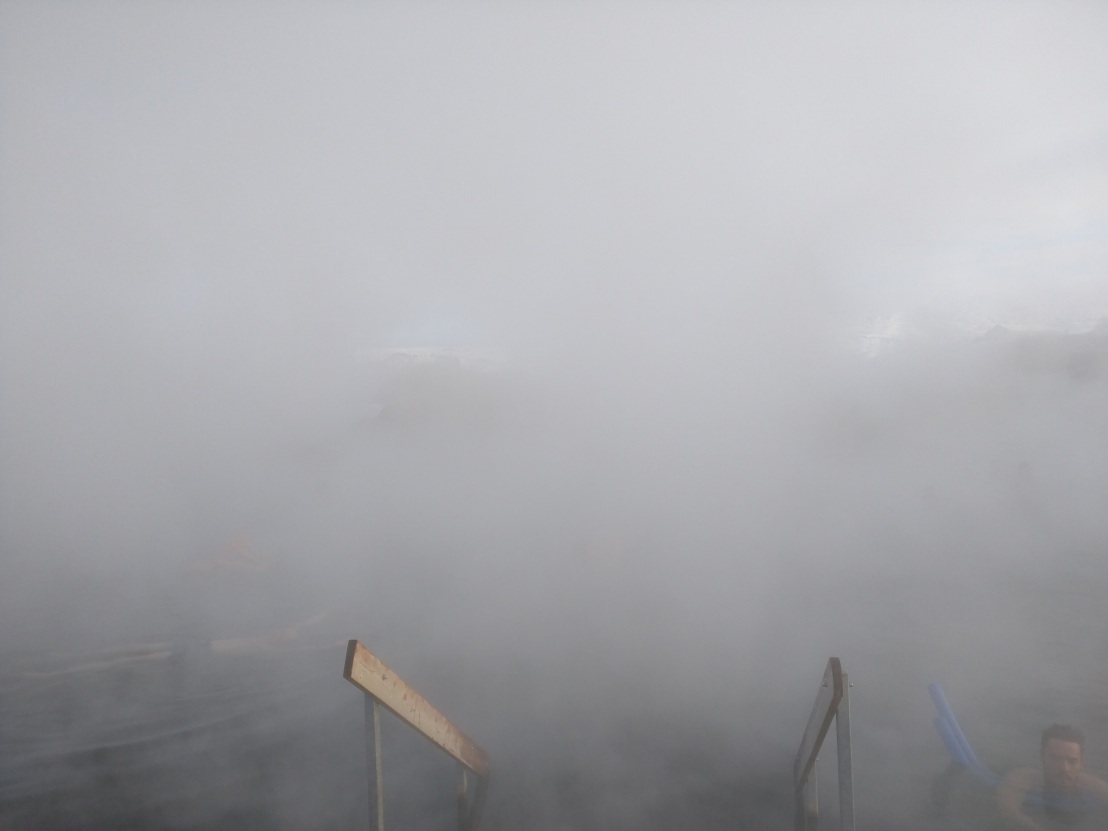
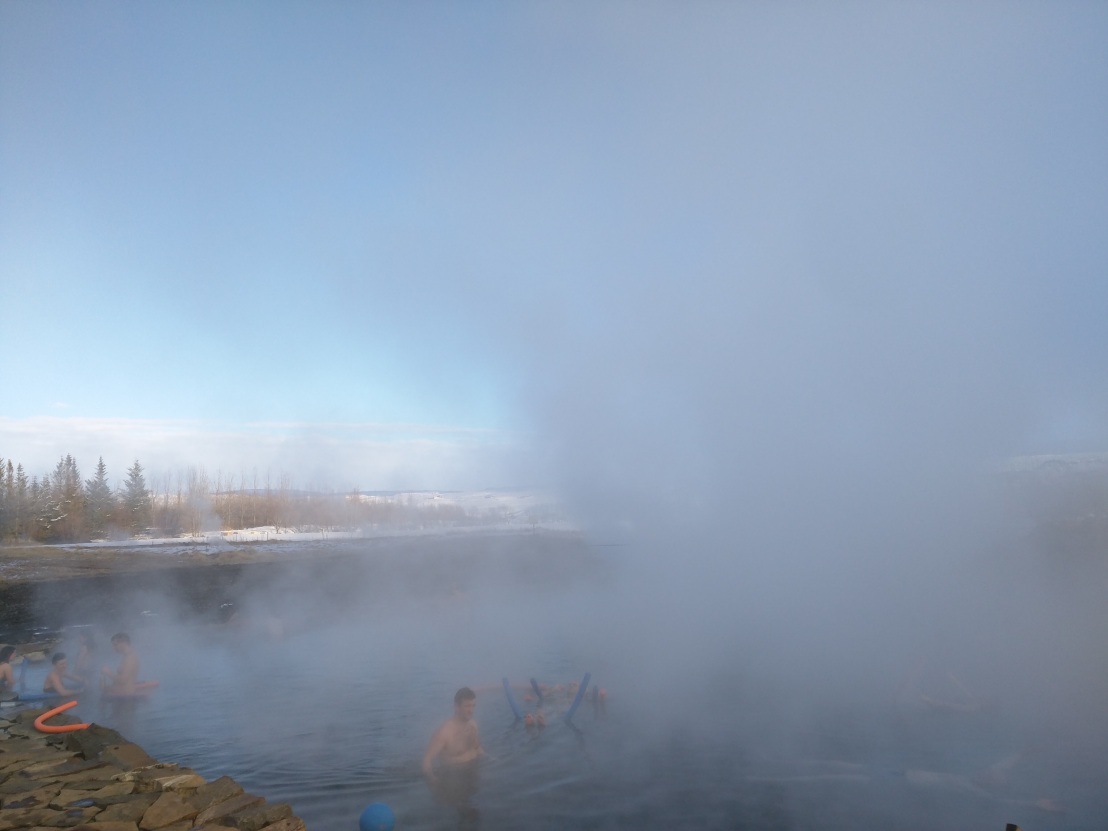 Nonetheless, this is a great way to relax after a long day of driving around the Golden Circle, as you can dig your feet deep into the squishy mud below you. There is also a small boardwalk that goes around the pool where you can see mini geysers “erupting”, but I wouldn’t recommend dipping your feet in any of these, as the water is around boiling temperature.
Nonetheless, this is a great way to relax after a long day of driving around the Golden Circle, as you can dig your feet deep into the squishy mud below you. There is also a small boardwalk that goes around the pool where you can see mini geysers “erupting”, but I wouldn’t recommend dipping your feet in any of these, as the water is around boiling temperature.